Anxiety in Your 20s: Why It Feels So Intense (and What to Do About It)
If you’re like most people in their 20s, odds are you struggle with anxiety – that overwhelming sensation that hijacks your brain with a wave of “what ifs” and seemingly unavoidable worst-case scenarios. In this blog, we’ll talk about some reasons as to why anxiety can feel so overwhelming, and how you can better manage it for your health.
Living With Anxiety - What Is It?
Living with anxiety isn’t easy; and reaching out isn’t always that simple either. “Relax!”, people say, “Stop worrying so much! You’re not thinking rationally.” Of course you know you’re not thinking rationally, but that’s not the problem. The problem is no matter how much you try to dispel these thoughts, to distract yourself, they come back – and with it – a wave of feelings strong enough to interfere with your daily life. How is anyone actually supposed to concentrate, when all they can focus on is that enormous pit in their stomach?
Why is anxiety this notoriously powerful? – why does it always feel so intense? Anxiety – in its purest, most primitive form – is actually an advantage fine-tuned throughout human evolution, designed to respond to threats and keep safe from danger.
For example, say you’re hunting and you encounter a predator. Your brain, specifically the amygdala and other parts of the limbic system, starts sounding the alarm bells, releasing a flood of stress hormones and neurotransmitters – giving rise to the fight-flight-freeze response. But in the 21st-century, you’re probably not out hunting in the wild. Odds are, your anxiety has more to do with things like your relationships, work, school, and your overall sense of your ever-changing identity.
Anxiety, nowadays, has taken a significantly more existential form, challenging us on fundamental questions of our worth – and in your 20s – when your peers seem to be worlds ahead of you, that nagging thought of being “behind” can be more than enough to send you down an anxious spiral.
How Can Your Genetics Affect Anxiety?
First of all, your genetics play a strong role in your propensity to worry and the development of any anxiety disorders. For example, you may have been raised by a mother or father worries at every chance they get. Going out with friends? – I must be getting into trouble. Going to a party? – I must be selling drugs. Taking a midnight stroll? – I must be dead.
A lot of us can relate to having a parent or sibling that spends all their time worrying about this, that, and the other thing. What most don’t know, however, is that studies show that children with anxiety are 2-3 times more likely to have a parent with anxiety. What’s more – around 40% of the risk associated with developing anxiety can be attributed to genetic factors. So to a great degree, your anxiety can be somewhat explained by genetic factors you never got a say in.
How Can Daily Stresses Affect Anxiety?
On the less biological side, though, anxiety is also strongly affected by situational factors. Whether its simpler things like workplace stress, family conflicts, friendly disputes, and so on – or whether its more existential worries, like feeling “behind” , doubting your current career path, stressing about your future and your identity now – the sheer quantity of stresses unique to life in your 20s is more than enough to keep you in a constant state of worry.
So What Can I Do About It?
Thankfully, there is no end to the amount of resources available to help you deal with your anxiety. Here’s a guide to some of the things you can do to help manage your anxiety, and learn to live without a pit in your stomach.
Mindful Breathing, Social Media Use, & Therapy
When we say “mindful, deep breathing” , I don’t mean to say, “Just take a deep breath!”. Mindful deep breathing exercises are a bit more nuanced than that, and are actually proven to help calm your nerves when worries get too overwhelming. One such technique is called diaphragmatic breathing, and this involves breathing deeply and mindfully using your belly, as opposed to the shallow, chesty breaths most take on a daily basis. Read more about this technique in our blog: “How to Stop Feeling Anxious: A Lesson in Catching Your Breath”.
Another really helpful long-term plan to help with your anxiety is by cutting down social media use. Obviously, social media plays an enormous role in how we socialize today. Snapchat for texting, Instagram for posting, Discord for gaming, etc. But nowadays, the overuse of social media, especially amidst a recent wave of misinformation, fear-inducing news headlines, and misleading flaunts of success all mix into a perfect cocktail of anxiety-fuelled spirals.
When you take a step back from the online world, you’ll notice that the real world isn’t moving all that fast – that all the threats online don’t feel nearly as relevant. In the end, arguably the most effective way to deal with anxiety is by seeking therapy. Many people seek therapy for anxiety-related issues, and the support they receive is able to help them feel more reassured and ready to deal with that intense feeling whenever it arises. If you’re struggling with that notorious anxiety in your 20s, seeking therapy could be a great option for you. It’s important to reach out. Talk to a therapist today, and see if they’re a good fit.
Author: Ryan Elahi
Reviewed by: Dr. Sarah Haller, C. Psych, Clinical Psychologist
